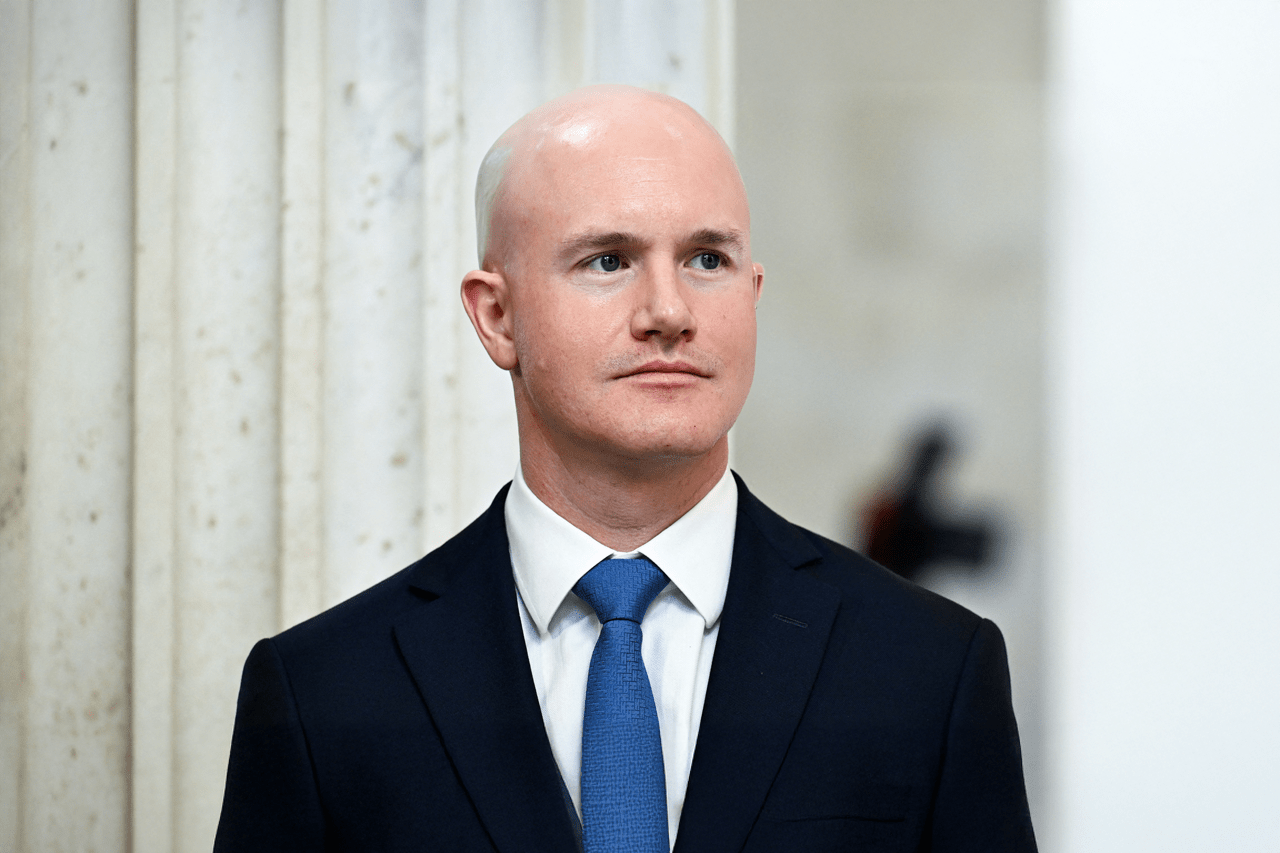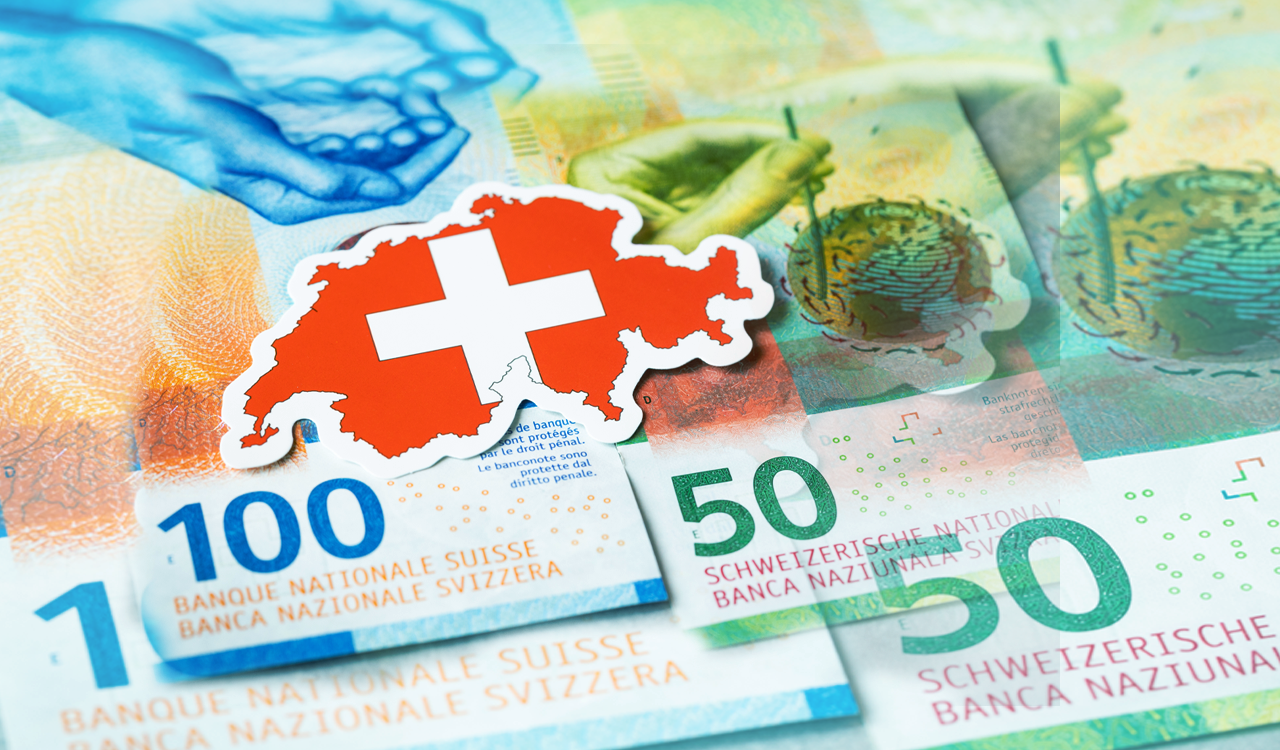Raising a child in Greece is among the most financially burdensome challenges for households, with the cost of the first child reaching 39% of an adult’s standard living expenses. Despite having a lower per capita income than several northern European countries, Greece ranks among the most expensive places in Europe to raise children—often surpassing countries with more robust welfare systems.
According to recent EU-SILC data, the financial cost of raising the first child in Greece compares closely with Spain (39%) and France (43%), but is significantly higher than in Sweden (33%). However, these differences are not solely attributed to the cost of living, but rather to the varying strength of welfare systems. In countries with well-developed social policies, many expenses are absorbed—fully or partially—by public provisions.
In addition to the statistical data, the study reflects how parents themselves perceive the economic burden. In Greece, the “perceived” pressure for the first child rises to 41%, even higher than the actual cost. This perception reveals the struggle many families face—particularly those for whom income is insufficient to cover essential needs.
Single-parent households feel this burden most acutely. In these families, perceived financial pressure surges to 64%, despite the estimated cost being 30%. This gap reflects multiple structural inequalities, including:
- Reduced household income due to limited employment options
- Increased caregiving demands and time constraints
- Lack of institutional and familial support
- Unequal access to tax benefits and state allowances
- The costs borne by Greek families are varied and often hidden. Among them:
- Childcare and nursery fees, where public provision is inadequate
- Private tutoring and foreign language lessons
- Private medical expenses due to dysfunctions in the national health system
- Larger homes and higher housing costs
- Transportation related to school, activities, and care
- Clothing, nutrition, and equipment for babies and children
- Psychological and learning support services
In many cases, these costs are shouldered entirely by families themselves, as public support is fragmented or insufficient. Public nurseries fail to meet demand, and public schooling often requires supplementary private education to be adequate.
As a result, despite the high cost of raising a child, the Greek welfare state does little to offset the burden. This fuels hidden social inequalities: higher-income families feel fewer effects, while for low- and middle-income households, parenthood becomes a fiscal strain.
Looking Abroad for Solutions
Other European countries have adopted more inclusive policies. France provides means-tested benefits and universal access to childcare and school meals. Germany offers generous tax exemptions for families with children. In Sweden, nearly all preschool education is public and free.
Greece, by comparison, continues to lag—leaving high child-rearing costs as a deterrent to parenthood and exacerbating the country’s ongoing demographic challenges.
Shared Custody and the “Invisible” Costs of Parenting
The rise in divorces and alternative family structures brings to light a less visible but equally pressing issue: the cost burden on non-custodial or part-time custodial parents. As Greece begins a slow shift toward shared custody, it faces institutional and economic gaps. According to the OECD and Eurostat, the costs associated with children in shared custody arrangements are frequently underestimated.
In practice, both parents contribute to expenses that rarely appear in official statistics. Non-residential parents often take on additional financial responsibilities that increase their own living costs without necessarily easing those of the primary caregiver. These include:
- Shared payment for tuition, school, and extracurricular activities
- Provision of clothing, toys, and books for a second home
- Travel, lodging, and food expenses when the child is in their care
- Emergency or supplemental financial support
This financial load is especially significant in countries with limited social infrastructure. While France or Sweden support shared custody through comprehensive public systems, in Greece these costs are private and informal, complicating policy design and need assessment.
By consistently overlooking these realities, the state underestimates the true cost of parenting—ignoring the emotional and social consequences of unequal economic strain.
The Cost of Absence
A child growing up away from their primary home—whether due to divorce, education, or care-related reasons—carries with them a cost that extends beyond the financial. While Eurostat tracks the visible expenses incurred by the primary caregiver, the “second residence”—often the father’s home—absorbs a parallel, hidden cost. These include:
- Basic furnishings and supplies (bed, desk, toys)
- Food and accommodation during stays
- Costs for joint participation in activities or trips
There is currently no formal provision for how these expenses should be allocated. Greek policy treats “family burden” as a one-dimensional issue, often ignoring the economic role of secondary caregivers. The result is a distorted picture of household needs—and another shortcoming in the country’s social policy response to modern family life.
Source: Tovima.com
















![Γραφεία: Πόσο πωλείται το τ.μ. – Οι φθηνές, ακριβές περιοχές [γραφήματα]](https://www.ot.gr/wp-content/uploads/2026/01/grafeia.png)

























